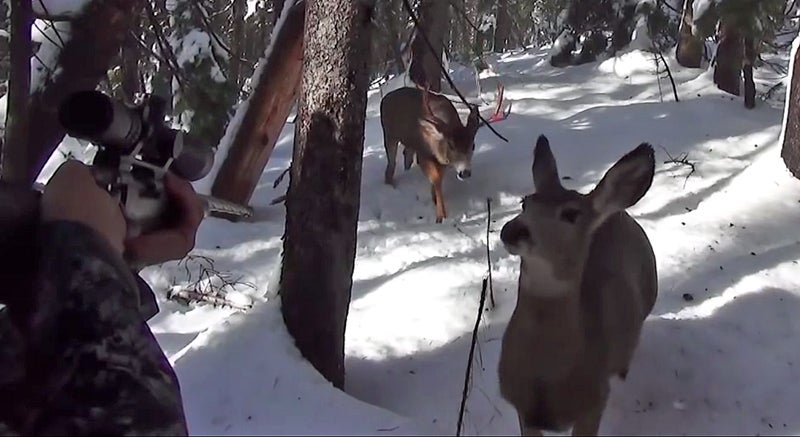Hunters: Don’t Die From a Heart Attack in the Woods
Russ Chastain 10.30.17

I recently came across an article by a man who as a child lost his grandfather to a heart attack in the woods. The author’s name is Ray Jones, and he is Associate Director of Cardiovascular Services at Houston Heart Institute at Houston Healthcare in Warner Robins, Georgia. He’s given himself a mission: to help educate hunters so they may remain heart-healthy.
My granddaddy’s name was William Howard Jones, and he was an avid fisherman and hunter. He had several self-imposed nicknames, his favorite being ‘Wataski.’ He frequently and playfully referred to himself as this distinguished nickname since the time he bagged a huge 10-point buck and then soon after caught a 10-lb. bass. He was a superhero to me. We hunted, trapped and fished every critter in the state from the time I could tag along.
Thanksgiving morning, 1981, Wataski died on his deer stand from a heart attack. I was devastated.
~~~
I’ve been fortunate in my career and now have oversight for a Cardiovascular Department, and my passion is trying to do for others what I couldn’t do for Wataski — to teach about heart disease and the signs and symptoms many people every day ignore or attribute to something else.
Hunters are especially at risk, he says, because so many of us don’t have physically-demanding jobs and are only really active during hunting season–planting food plots, setting up stands, or dragging deer. All of this activity after months of relative idleness can trigger the worst:
This sudden burst of activity can precipitate a heart attack that would happen anyway at some point, but for it to happen deep in the woods, especially if you are alone, can greatly reduce your chance of a good outcome. Sadly, many people, hunters included, experience warning signs of heart disease and ignore them.
Jones says most people have erroneous ideas about heart attacks, believe they’re too young (but folks in their 30s and even 20s have heart attacks) or that their physical condition is too good (even exercise and good diet cannot always prevent heart disease).
He also says you don’t have to have “chest pain” in order to be having a heart attack. Even without it, you may feel:
- Middle chest pain/pressure
- Pain between the shoulder blades
- Left or right side jaw pain
- Left or right arm pain
- Flank pain
- Abdominal pain
- Sudden onset nausea
- Sudden sweating for no reason
- Fatigue
- Indigestion-type feeling
There are others, but these are presented to show that chest pain is just one of many possible heart attack symptoms.
Okay, so you’re out in the woods and you start having heart attack symptoms. What do you do?
Take action at the first symptom. Acting quickly is critical because we know that we have a 90-minute window to restore circulation to your heart before permanent damage occurs, and sudden cardiac death can occur at any point in this cycle. Call 911. Do not drive yourself or have someone drive you to the ER!
So while you are out there practicing gun safety and treestand safety (making sure you don’t fall like this guy did), pay attention to what your body might be telling you about your heart. And if you think you might be having ticker trouble, get the heck out of there and find some health help ASAP. There’s no deer or other big game that’s worth losing your life.
Thanks to Ray Jones and GON for the original article.